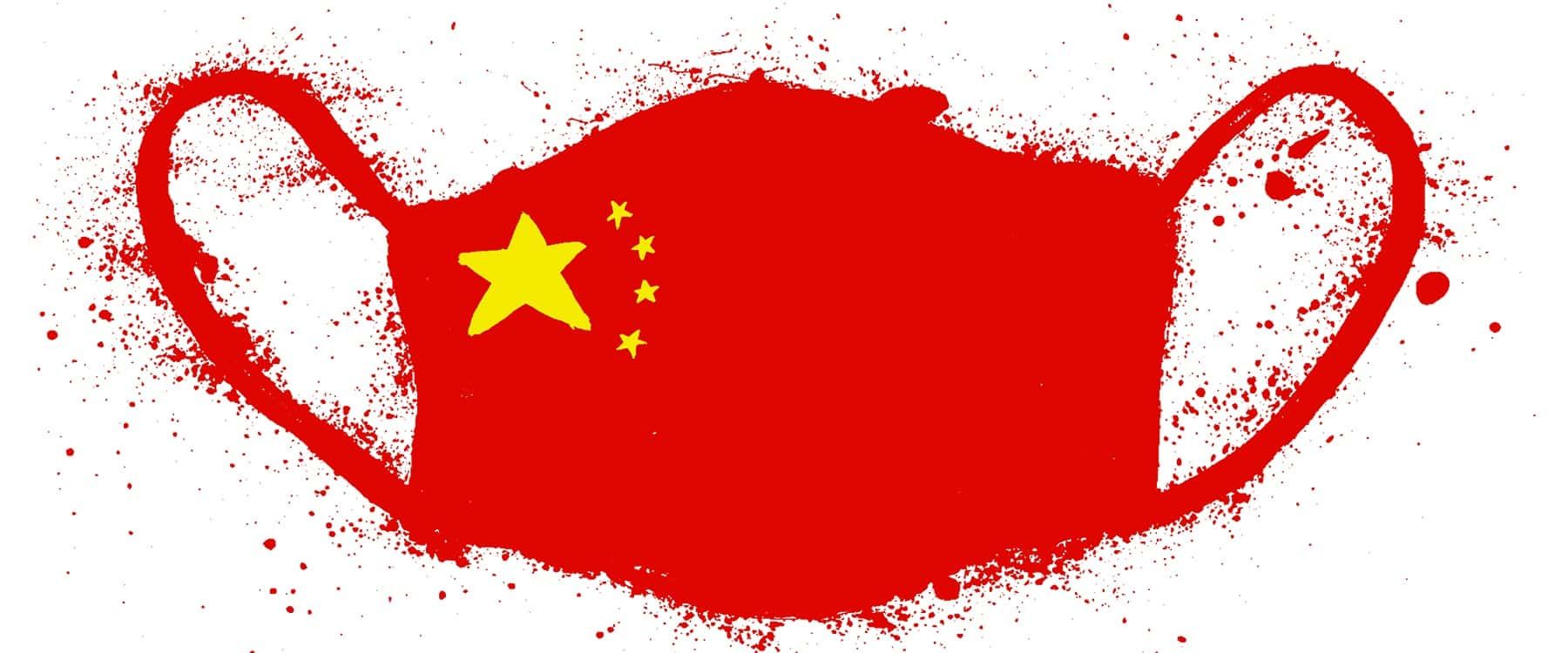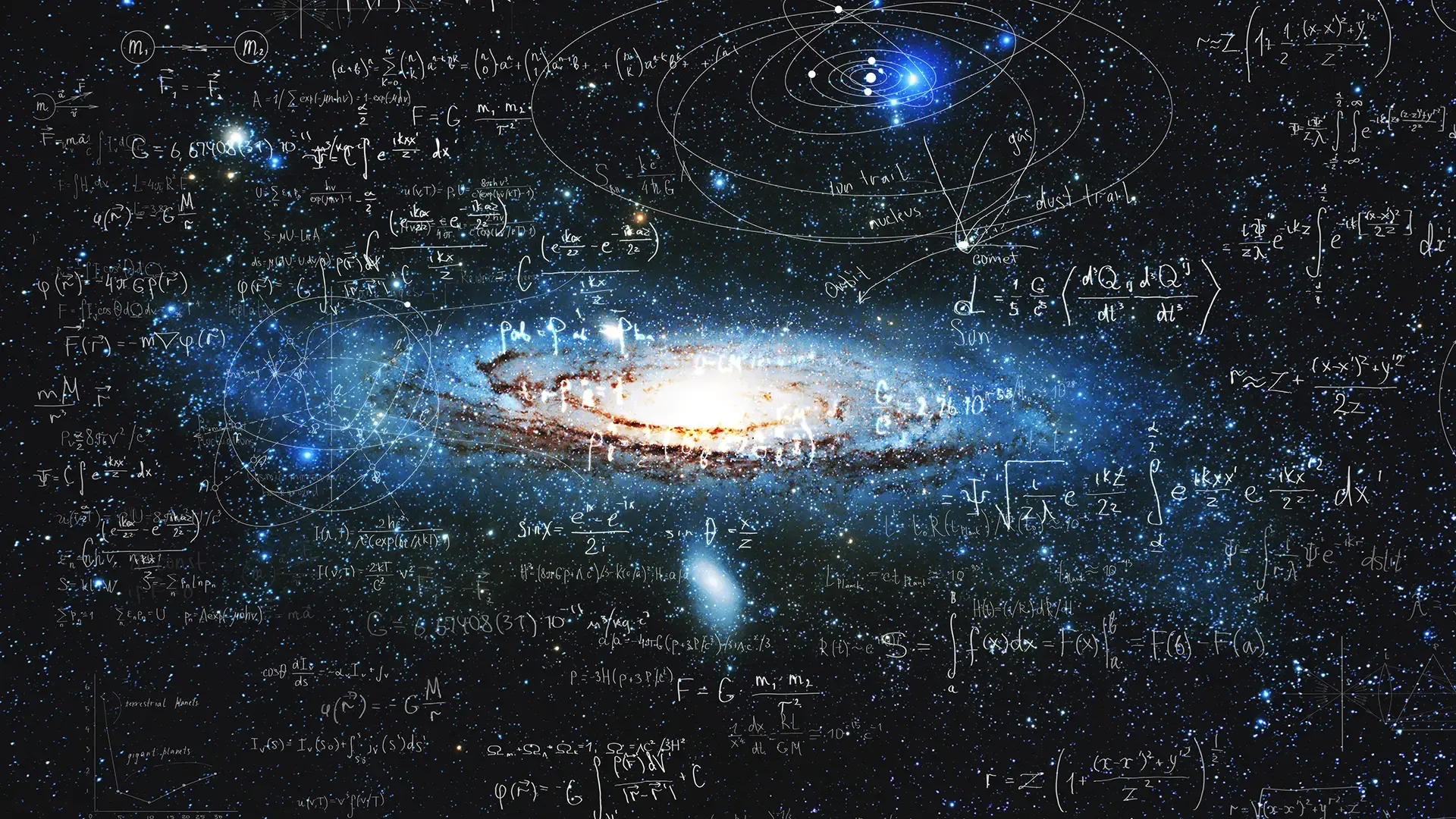Is It a “Chinese Virus”?

A Primer for Surviving a National Emergency
The arrival of the new communist regime in 1949 brought fear to the hearts of many Chinese. The people of Shandong Province in Eastern China had seen a mighty revival that touched the lives of millions, a revival labeled as “the greatest Christian revival in history” (Paul Hattaway, Shandong: The Revival Province). They also knew the power of the kingdom of darkness and had recently felt the dragon’s hot breath during the cruel years of the Japanese occupation.
What Communism Gave China
The true nature of the plans of the Communist mega-monster was revealed when Mao issued a dire threat: “Whoever wishes to oppose communism must be prepared to be mauled and torn to pieces by the people. If you have not yet made up your mind about being mauled and torn to pieces, it would be wise for you not to oppose communism” (Hattaway, p. 174).
In December of 1950, in the seaside city of Qingdao, Shandong, Pastor David Wang was visited by government officials who demanded the use of the church building for a communist conference a few days before Christmas. Pastor Wang agreed, but gave two conditions: no political portraits or flags displayed, and absolutely no smoking.
As soon as the conference began, both conditions were ignored. A portrait of Chairman Mao was hung at the front of the sanctuary with flags on either side, while many party members polluted the air with cigarette smoke.
The records indicate that Pastor Wang gathered his family into the pastor’s study, asked them to pray to the Almighty God of Scripture, then he walked out and removed the portrait of Mao, as well as the flags. He and his family barely escaped with their lives. They fled to Hong Kong and served the Lord for many years with the Christian and Missionary Alliance.
Hattaway writes: “Although the 1950s was marked with much brutal persecution of Christians in Shandong, the life and power of the Holy Spirit could not be extinguished from the hearts of those who loved God” (p. 175). Communist officials went around Shandong interrogating and then threatening Christians. “What has Christianity done for you?” One man answered: “I was a drunkard and opium smoker. Nothing could rid me of those two vices, and my farm had been brought to ruin. But I accepted Jesus as my Savior, and He changed me. He enabled me to break with both opium and drink. My fellow villagers can now testify to these things and my farm is now the best. Ask them…”
◆ ◆ ◆ ◆ ◆ ◆
I want my readers to know where I am coming from. I have been working with Chinese students and groups for at least four decades and exercise pastoral oversight in a Chinese congregation in Oklahoma City.
I know that diseases are often associated with the region of their origin, or greatest concentration. We have all heard of “the Spanish influenza,” “the German measles,” “Japanese smallpox,” “Asian flu,” “Russian flu,” and “Hong Kong flu.” The “West Nile virus” made headlines in the newspapers in the last few years.
So, what’s wrong with calling the coronavirus “the Chinese virus”? Nothing. It’s technically correct. It’s a convenient ploy for Trump bashers to use the phrase to point out that our president is allegedly “a racist.” He’s not. Larry Klayman, founder of Judicial Watch and Freedom Watch, brings the issue into sharp focus. In his WND report updating readers on his class action lawsuit against Beijing over the virus he writes: “… the coronavirus is not the fault of the Chinese people, but instead the evil designs of their government, which obviously allowed it, either negligently or intentionally, to leak from an outlawed and illegal bioweapons facility in Wuhan, China.” Modern China operates under a one-party system. The current president, Xi Jinping, is a Maoist in the worst sense of the word and has promoted himself to be president permanently. What happens in China, and China’s policies, are determined by a very small number of people, certainly not the 1.4 billion people who live there today.
If we meet an Asian, or a person of Chinese ancestry, should we become abusive and say, “You are not welcome here”? There have been a few incidents like that already. They are very unfortunate.
In a one–party system, no dissent is allowed. Dissenters often disappear. There must be national unity—which really means enforced uniformity. Don’t blame the people for the antics of the government.
The Chinese Communist Party (CCP) claims 68 million members. Although these numbers make it the largest piolitical party in the world, it only accounts for 5 percent of the population of China (Ming Xia, “The Communist Party of China and the ‘Party State,’” NY Times report).
China specialists would agree that the biggest enemy of the CCP is its rampant corruption. China has put a great deal of effort into dealing with corruption, and it is asserted that corruption is no longer a problem. Many China experts disagree. There is a delicate balance that the CCP is trying to maintain: “To fight corruption too little would be sure to destroy the country; to fight it too much would be sure to destroy the Party.” Several resources are available to the interested reader, including: Xiabo Lu, Cadres and Corruption and Yan Sun, Corruption and Market in Contemporary China.
The government and party leaders are above reproach. To criticize the government is a secular form of blasphemy. The president never makes a mistake. There is always someone who takes the heat. Someone down the chain of command did not show prudence and wisdom, or deviated from party procedure.
In late December of 2019, a Chinese ophthalmologist by the name of Dr. Li Wenliang reported that seven people seemed to have contracted SARS—Severe Acute Respiratory Syndrome. In the early 2000s it was a serious respiratory illness that spread to several countries and left several hundred people dead. Dr. Li discussed it with his colleagues and warned people to be careful and take precautionary measures. The communist leadership, however, did not approve of such warnings. Li and others were summoned by communist authorities and told to stop spreading “rumors” about SARS-like cases.
As more people got sick and died, including the beloved Dr. Li, the Chinese government lied about what was happening and assigned bogus responsibility to someone to take the heat off the leaders in the party. Doctors were blamed for telling alleged “falsehoods” or sharing test results with colleagues. Some were forced to write a self-critical public letter—a kind of public confession of wrong.
It was damage control. President Xi had to win the approval of the people and gain their support. He said he was “fighting the people’s war against the coronavirus.”
As part of the plan, in February China’s highest court admonished the Wuhan police for their arrests and acts of detention against whistleblowers. The court actually admitted, “If society had at the time believed those so-called rumors and wore masks, used disinfectant and avoided going to the wildlife market as if there were a SARS outbreak, perhaps it would have meant we could better control the coronavirus today. … Rumors end where there is openness.”
Yet the fact remains that for several weeks Chinese authorities denied that the disease could be spread between humans, even though this was a fact known in late December. Consequently, China went ahead with Chinese Lunar New Year’s festivities. Millions traveled from Wuhan. The Wall Street Journal has calculated that the Chinese government “let some five million people leave Wuhan without any screening” (Jim Geraghty, National Review).
A Playback of the Chernobyl Disaster
The Chernobyl disaster was a catastrophic nuclear accident that happened on April 25, 1986, in the number four light water graphite moderated reactor at the Chernobyl Nuclear Power Plant near Pripyat, a small town in the northern Ukrainian Soviet Socialist Republic. In August of that year, the IAEA projected that there would be at least 4,000 deaths caused by meltdown over the long term.
In December of 1991, a Ukrainian parliamentary commission concluded a sweeping study of the disaster. The commission accused communist leaders at the time, including Soviet president Mikhail S. Gorbachev, of a massive criminal cover-up that led to thousands of death. Communists like to “save face.” Many just don’t care.
Faced with the worst accident in the history of nuclear power, Soviet authorities reacted with “a total lie, falsehoods, cover-up, and concealment.” The commission said it uncovered “the horrific details of high-level callousness and cynicism.” Kremlin leaders were informed of the gravity of events and reacted not with Gorbachev’s then-new policy of glasnost (“openness”) but with “an ideology of state lying.” The commission concluded that there was blatant misconduct by high ranking officials in both Moscow and Kiev, including the very people supposed to safeguard public health (history.com/news/Chernobyl).
The coronavirus is producing major issues for the United States. During times of crisis, it is easy to lose our civility. I remember the great blackout of November 9, 1965, when the power grid of the northeast collapsed and millions were without electricity. Subways suddenly stopped and thousands were stranded in elevators. I remember walking across the 59th Street Bridge and looking back and Manhattan. It was eerie. Not a single light in any of the skyscrapers. There were acts of kindness, but there were also acts of barbarity.
If we face disaster with our sole motivation being self-preservation, we will die like rats fleeing a flooded basement.




Leave a Reply